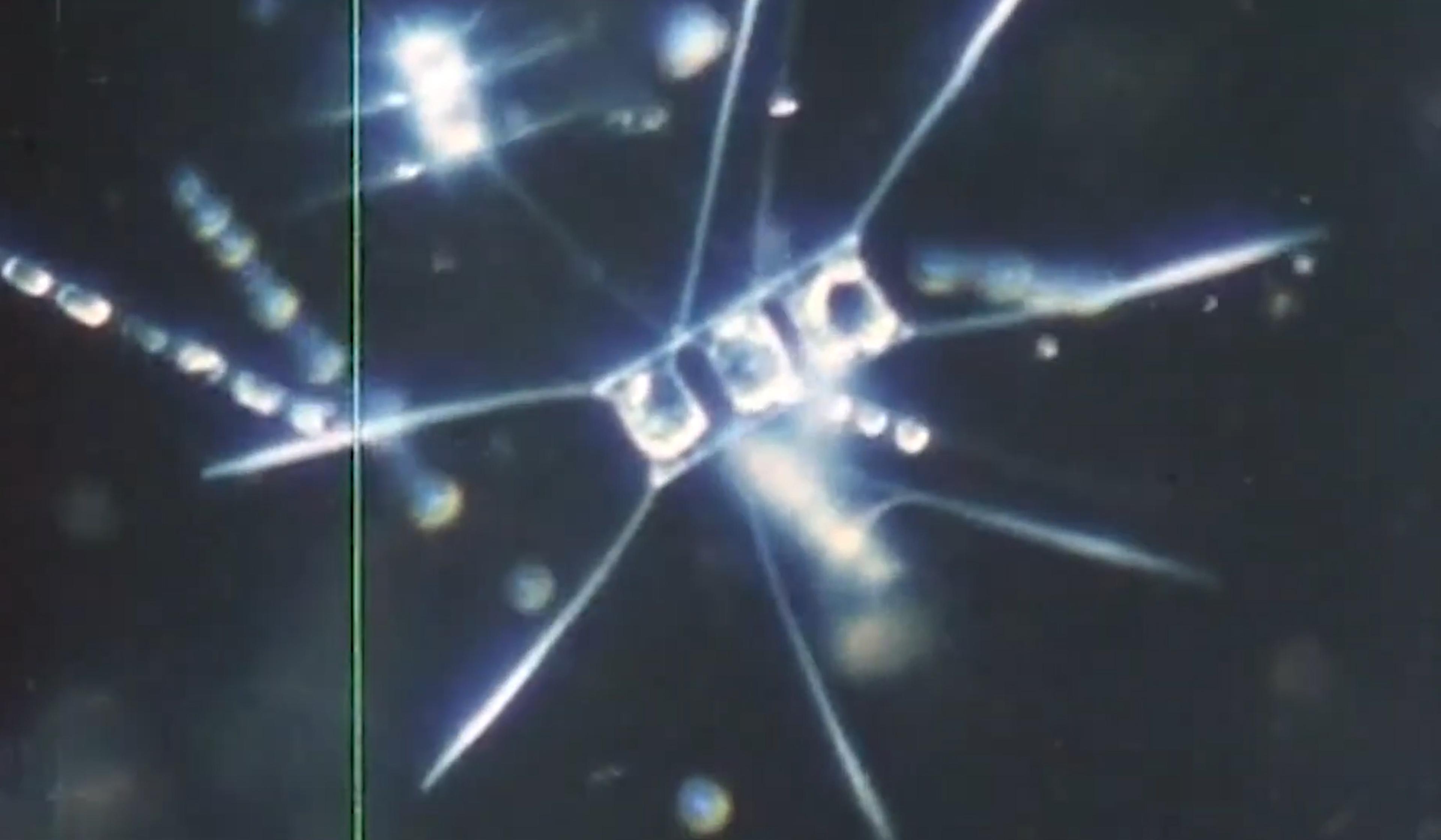If you knew everything, could you predict anything? A thought experiment
Of all the age-old questions of philosophy, the problem of free will might be most likely to result in existential angst. In this video from Wi-Phi or Wireless Philosophy, the English philosopher Richard Holton, formerly of the Massachusetts Institute of Technology and now at the University of Cambridge, outlines the two problems often used to argue that free will doesn’t exist. The first says that, if the laws of physics are fixed, all our choices must be predetermined. The second holds that, with enough computing power and knowledge about how the Universe works, someone could theoretically peer into the future to see the predestined outcomes of our lives – which would also mean we’re not free. However, using a clever thought experiment, Holton demonstrates how the second conclusion doesn’t necessarily follow from the first. That is, our ‘books of life’ can never truly be foreknown, except by a thinker who exists entirely outside physics itself.
Video by Wireless Philosophy

video
Knowledge
Why David Deutsch believes good explanations are the antidote to bad philosophy
10 minutes

video
Childhood and adolescence
‘Do worms cry?’ – and other questions collected from the mind of a curious child
4 minutes

video
Philosophy of mind
‘Am I not at least something?’ A surreal dive into Descartes’s Meditations
3 minutes

video
Metaphysics
What do past, present and future mean to a philosopher of time?
55 minutes

video
Bioethics
What a 1970 experiment reveals about the possibility and perils of ‘head transplants’
6 minutes

video
Knowledge
Why it takes more than a lifetime to truly understand a single meadow
11 minutes

video
Knowledge
An Indigenous myth and a geological survey elicit two ways of knowing one place
4 minutes

video
Neuroscience
Dog vision is a trendy topic, but what can we really know about how they see?
11 minutes

video
Metaphysics
Simple entities in universal harmony – Leibniz’s evocative perspective on reality
4 minutes